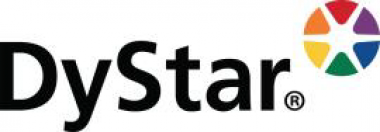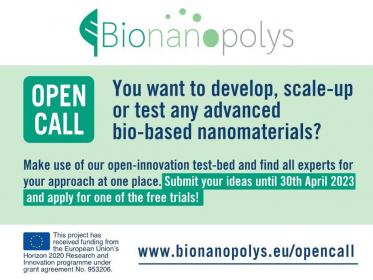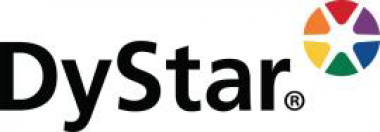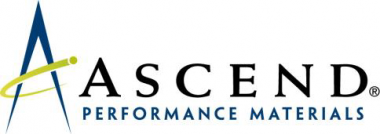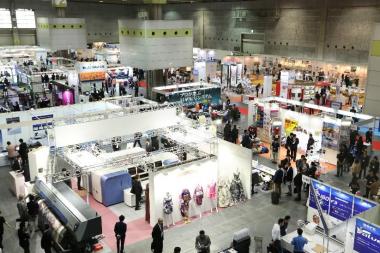RadiciGroup closes 2022 with positive results
With total sales of EUR 1,543 million, generated by over 30 production and sales units in Europe, Asia, and America, Radici Group closed its 2022 financial year with slight growth over 2021. EBITDA reached EUR 157 million in 2022, and net income for the year was EUR 80 million.
“We are moderately pleased with the 2022 figures,” Angelo Radici, president of RadiciGroup, commented. “Despite an unpredictable and challenging year, we were able to achieve positive results. Although the rise in energy costs began to be felt in January, we managed to maintain our position in the first three months of the year due to a significant increase in demand. From the second quarter onwards, the European market experienced a significant slowdown due to the outbreak of war in Ukraine, which exacerbated the already soaring costs of energy and raw materials. The situation was completely out of hand and made worse by the fact that some raw materials were not available. This created significant challenges for us, especially in the chemical sector. We even had to stop operations at our Novara plant in the latter part of the year. Products similar to ours in the nylon supply chain from China and the US were being sold at a price lower than our variable cost.”
The president continues: “At Group level, our internationalisation strategy helped us mitigate geopolitical risks in various countries. As a result, we were able to offset the challenges in the European chemicals and textile markets by leveraging our global presence in High Performance Polymers, where our numbers have held strong. As we began 2023, we regained our footing. However, the global economic and industrial scenario for the rest of the year remains highly uncertain, and forecasts are notably cautious.”
Even in these difficult times, the Group has continued to invest. In 2022, the High Performance Polymers Business Area completed the acquisition in India of the engineering plastics branch of Ester Industries Ltd, a listed company. Additionally, it began installing two new production lines in Mexico and Brazil, and confirmed plans to install a new extrusion line at the Villa d’Ogna production site in the province of Bergamo. These choices align with the Group’s goal of enhancing its worldwide presence and boosting competitiveness in high-potential growth markets. In a year where energy and raw material costs were certainly problematic, operating in geographically diverse markets and with varied applications proved to be an important tool in addressing the challenges. In this vein, a new production site spanning over 36,000 square metres has recently been inaugurated in China. The move is aimed at doubling the production capacity in line with the market’s growth expectations.
Extending the time horizon to 2018-2022, the Group has invested over EUR 277 million to enhance the competitiveness of its companies, implement Best Available Techniques, improve energy efficiency, reduce emissions, and conduct research and development activities aimed at introducing sustainable processes and solutions. These efforts include the research and development activities of Radici InNova, which are heavily focused on the circular economy.
RadiciGroup







